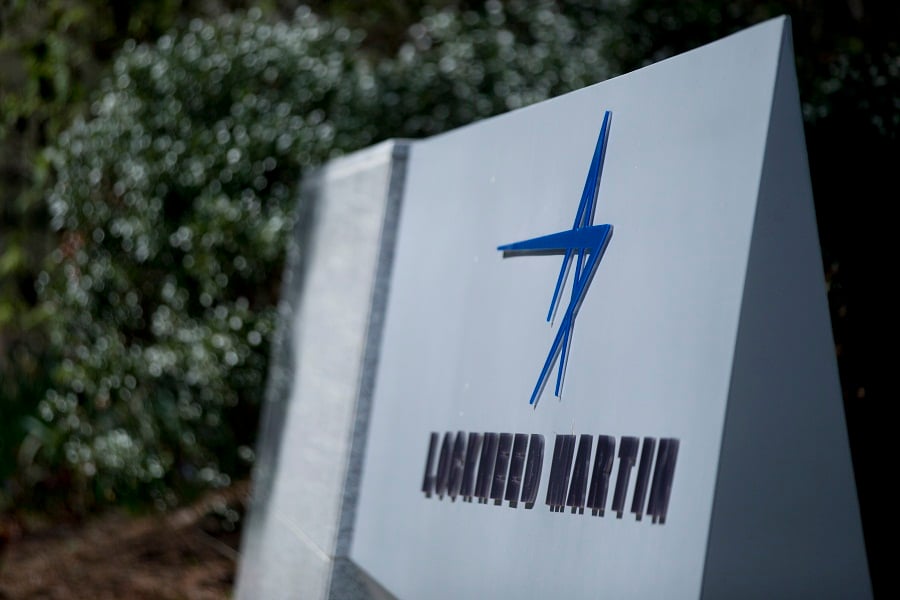Lockheed Martin Corp. agreed Friday to a $62 million settlement in a lawsuit with employees and retirees who claimed the company invested their 401(k) savings in excessively costly funds.
The suit, Anthony Abbott et al. v Lockheed Martin Corp and Lockheed Martin Investment Management Co., was initially filed in the
U.S. District Court for the Southern District of Illinois in 2006. The litigation included more than 100,000 plan participants, represented by Jerry Schlichter of Schlichter Bogard & Denton, a firm that has handled many 401(k) excessive fee suits, including
Tibble v. Edison. The U.S. Supreme Court will begin hearing arguments for the Tibble case Tuesday.
In the Abbott case, the plaintiffs claim Lockheed Martin breached its fiduciary duty by allowing the retirement plans to pay excessive fees. They also claim the employer imprudently managed the stable value fund and a trio of company stock funds.
In addition to the $62 million settlement, Lockheed Martin agreed to three initiatives to improve its retirement plan. The defense contractor agreed to file a notice with the court every year, assuring that it's complying with the settlement. Documents Lockheed Martin will share with the court include the annual Schedule C to Form 5500, which discloses plan fees and is filed with the Department of Labor.
The company also will share information about the assets held in and the performance of the stable value fund and company stock funds. It will also confirm limits on the amount of cash equivalents in the company stock funds and the amount of money-market-equivalent assets held in the stable value fund, according to the settlement. Additionally, Lockheed Martin will file monthly reports from Morningstar Inc. that summarize the characteristics of the funds and its performance.
Further, Lockheed Martin must seek bids from at least three third-party record-keepers for the plan. Those submitting must be serving plans with more than $5 billion in assets.
The company also must offer funds that have the lowest expense ratios and must consider the use of collective investment trusts or separately managed accounts.
The court will be able to enforce the settlement terms for three years.
“Lockheed Martin and the plaintiffs agree that the settlement – which is less than 5% of the plaintiffs' claimed damages – is not an admission of liability or wrongdoing,” Dan Nelson, a spokesman with the defense contractor, wrote in an email. “As part of the settlement, Lockheed Martin has agreed to keep in place the policies and procedures that make its 401(k) plan an industry leader.”
Mr. Schlichter said the case highlighted takeaways for financial advisers and plan fiduciaries.
“Bids and requests for proposal are important in arriving at what the marketplace costs are for record-keepers,” he said. “If sponsors don't get bids, it raises the question of whether fees are reasonable.”







